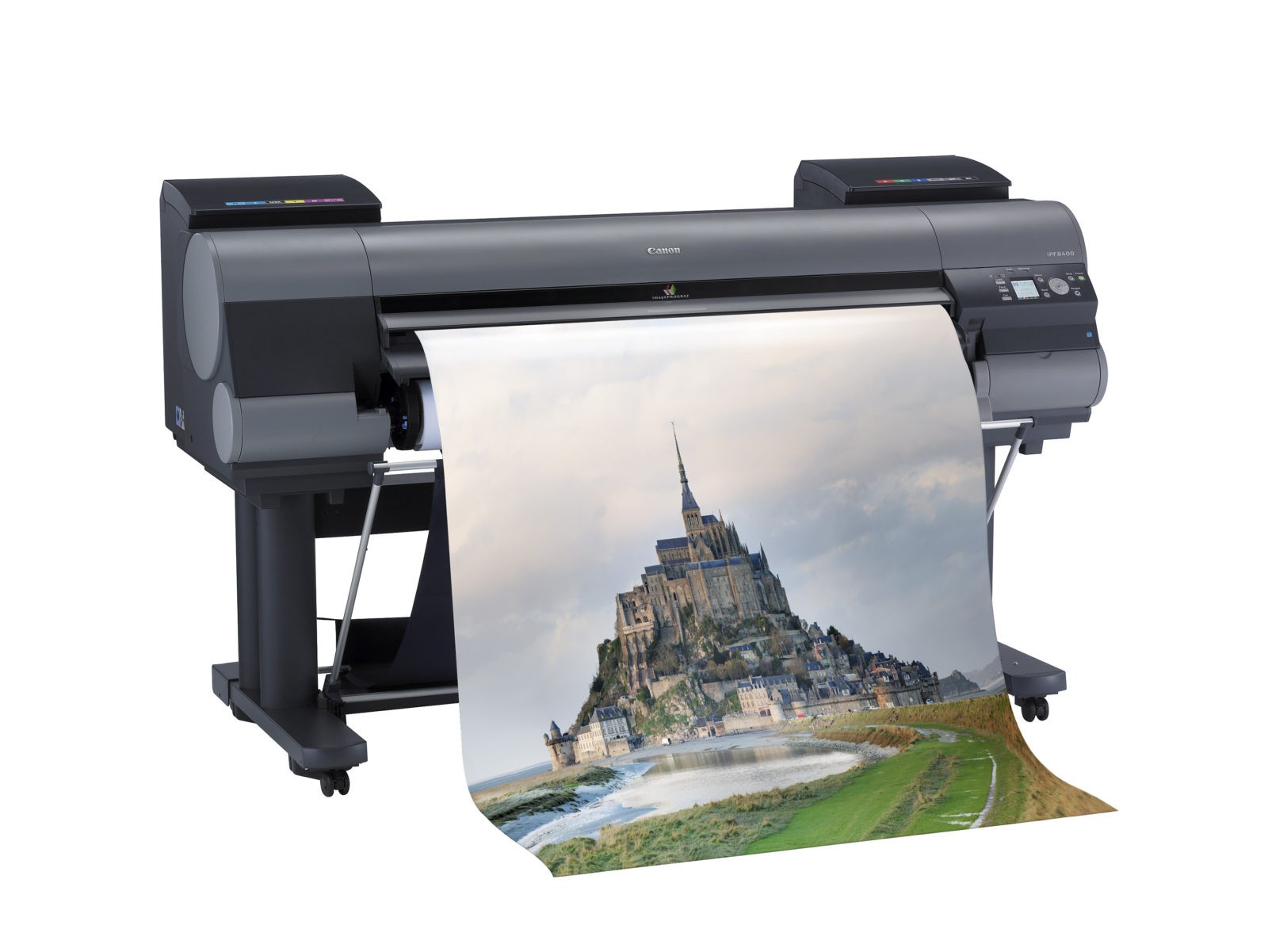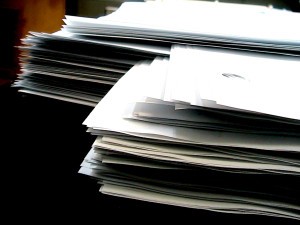Printing...At The Beginning The history of printing is ancient, diverse, and bloody. There is no other invention so integral to the advancement of...
How Litigation Copying Helps The Litigation Process
How Litigation Copying Helps The Litigation Process Litigation, especially large-scale cases, requires massive preparation time beforehand. Tasks...
How eDiscovery Services Can Help A Solo Practitioner or Small Firm
How eDiscovery Services Can Help A Solo Practitioner or Small Firm In this eDiscovery age, more and more important evidence is digital. Even small...
Why Use Print On Demand Services For Book and Paper Printing
Why Use Print On Demand Services For Book and Paper Printing You don’t need to be told that producing a book or research paper is a very time and...
Disaster Recovery – How To Review Your Plan
Disaster Recovery – Reviewing Your Plan Disaster Recovery – Mother Nature does not respect our intentions or plans. That is...
Top Print Trends to Watch For in 2025
“How will the printing industry survive the digital age?” “Isn’t print dying”? “Do commercial print shops still exist?” These are a few of the...
Cool Marketing For This Season’s Trade Shows
Prepare for Your Trade Shows Today! With The Document Group digital print department, you can be prepared for your trade shows be it this year or...
Houston Power #1!
Houston Power #1! Houston power means more than baseball, it is our statement to the world that Houston Texas brings everything when it comes to...
Aperture Card Scanning Houston – #1 Do’s and Don’ts
When it comes down to launching your e-store online, there are some most common mistakes that…









